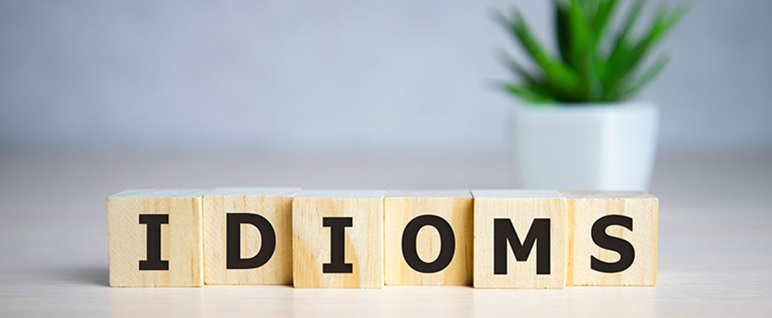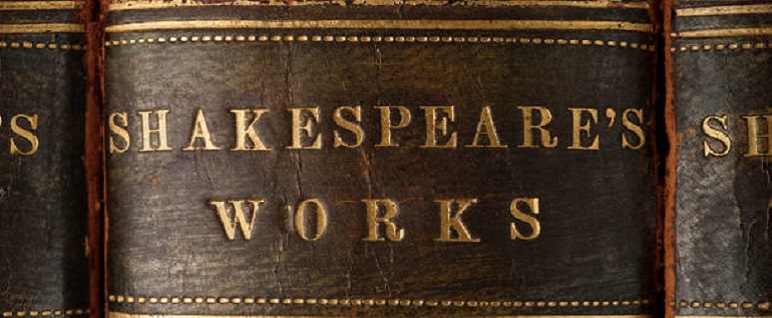

Foreign Phrases in English Part II
In Part I, we explored how English, a language constantly evolving, has welcomed a multitude of foreign phrases. In this part, we will continue our journey with 15 more phrases that have seamlessly become part of English vocabulary, bringing color and nuance to everyday conversations.

Foreign Phrases in English
English, a language known for borrowing words from other tongues, has adopted countless foreign phrases over centuries. These terms and expressions have seamlessly blended into everyday speech, giving depth and variety to the language. Many of these phrases convey meanings or emotions that might take several English words to express, making them compact yet rich in context.

SATs in the UK: Year 6 Explained
In the UK, Standard Assessment Tests (SATs) are an essential milestone in a child’s educational journey. These exams, administered in primary schools in Year 6 (ages 10-11), play a key role in assessing the progress of students in core subjects like English and Mathematics. SATs help both teachers and parents gauge a child’s academic development and readiness for the next stage of their education.

Unlocking the Magic of Language: Lesser-Known Poetic Devices
Poetry, often described as the purest form of art, is a playground for language, where words are not just tools but vibrant colours on the canvas of emotion and thought. Poets, like master craftsmen, use a variety of devices to create rhythms, evoke emotions, and bring their ideas to life. Some of these poetic devices, like metaphors and similes, are well-known (link for Part I and II) , while others are lesser-known yet equally powerful. Let's explore a mix of these must-know and lesser-known poetic devices: that can elevate a GCSE student’s appreciation of poetry.

More Commonly Used Poetic Devices -Part II
Continuing from where we left off in the exploration of poetic devices (More Commonly Used Poetic Devices -Part I), we delve into a broader range of techniques that poets use to enrich their work. These devices help to create layers of meaning, add depth to themes, and captivate the reader's imagination.


Most Commonly Used Poetic Devices
The poetic devices are tools that poets use to enhance their language and convey deeper meanings. Whether it's through the subtle use of metaphor or the musicality of alliteration, these devices help transform simple words into powerful and memorable poetry. Understanding and recognising these techniques can greatly enhance one's appreciation of poetry and even inspire the creation of your own poetic works. A good article for GCSE students.

How to Survive Summer Holidays with Children: Fun, Learning, and Keeping Your Sanity Intact
Ah, summer break! That magical time of year when school is out, and both children and parents can finally breathe a little easier.

Simply Shakespeare!
Idiomatic phrases coined by Shakespeare that we still use today.

Bet you haven't heard these expressions! Idioms with a Heart!
Uncovering the vivid world of idiomatic expressions - Part-III by Aashima

Bet you haven't heard these expressions! Idioms gone wild! Part 2
Uncovering the vivid world of idiomatic expressions. Idioms allow people to express ideas and emotions in a colourful, creative, and often figurative manner. They add depth and richness to language, making it more engaging and expressive.

Bet you haven't heard these expressions!
Uncovering the vivid world of idiomatic expressions. Idioms allow people to express ideas and emotions in a colourful, creative, and often figurative manner. They add depth and richness to language, making it more engaging and expressive. A blog written by Aashima, faculty at Champs Learning and an Author.

To Be or Not to be Bored?
To Be or Not to be Bored? Surprising relevance of studying Shakespeare for today’s students!

Importance of having an Extensive Vocabulary
Language is a repository of culture. It is not merely a tool of communication; it is a profound treasure trove of the collective wisdom of a society. The importance of a good vocabulary cannot be emphasised enough as it plays a crucial role in various aspects of communication, learning, and personal development. Here are some key reasons why having a rich and varied vocabulary is essential for students:

Strategies for Reading Comprehension
Developing effective strategies for solving unseen reading comprehensions is crucial for high school students. By focusing on vocabulary development, active reading techniques, question analysis, understanding text structure, practising skimming and scanning, justifying answers with evidence, managing time efficiently, and engaging in reflection and review, students can enhance their reading comprehension abilities and overall academic performance.

